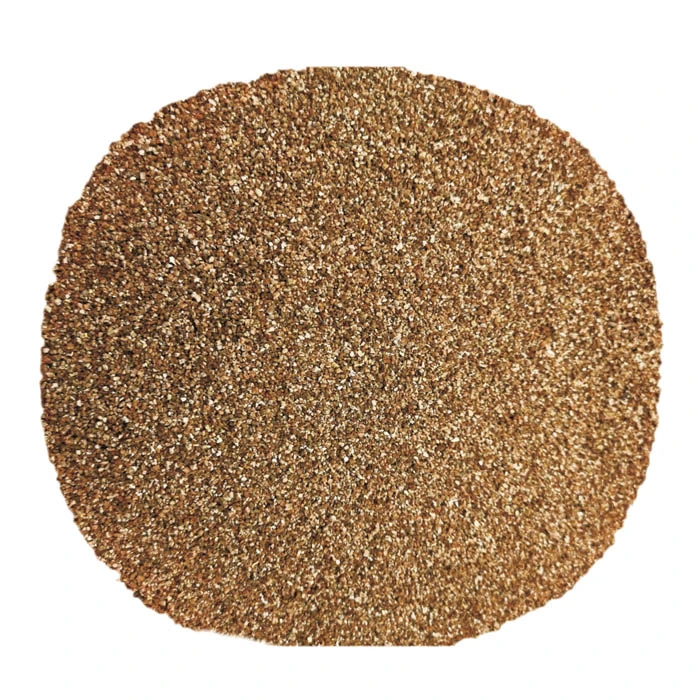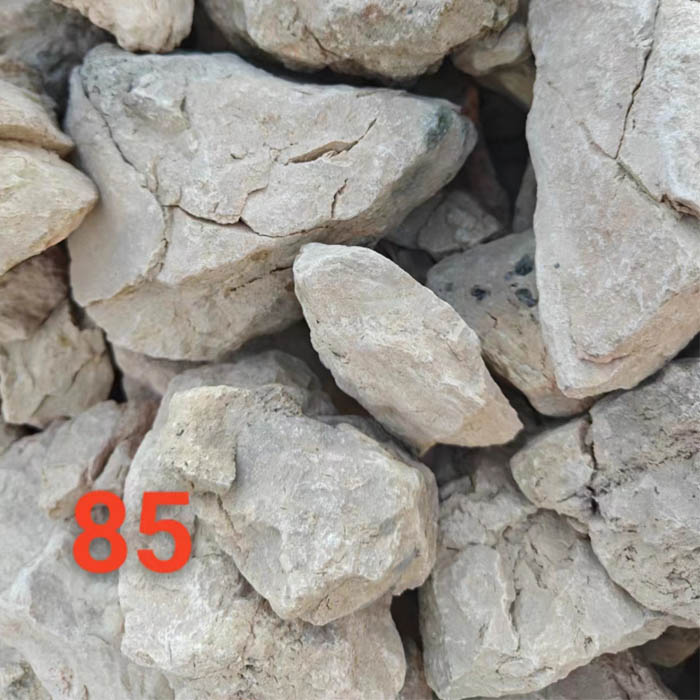Jun . 08, 2025 01:48 Back to list
High-Quality SCM435 Steel Bars Manufacturer Reliable Supplier
- Introduction to SCM435 Material Properties
- Technical Advantages of SCM435 Steel Grade
- Performance Comparison of Leading Manufacturers
- Customized Solutions for Industrial Applications
- Real-World Case Studies and Implementations
- Quality Standards in Modern Production Facilities
- Sourcing Strategies from Reliable SCM435 Suppliers

(scm435)
Understanding SCM435 Material Capabilities
SCM435 chromium-molybdenum alloy steel represents one of Japan's JIS G4105 standard grades with exceptional mechanical properties. Containing 0.33-0.38% carbon, 0.15-0.35% silicon, 0.55-0.90% manganese, 0.90-1.20% chromium and 0.15-0.30% molybdenum, this medium-carbon steel achieves tensile strengths reaching 1,300 MPa after proper heat treatment. The material's high hardenability makes it particularly suitable for induction hardening processes, where surface hardness of 58-62 HRC can be consistently achieved while maintaining a tough core structure.
Automotive and aerospace industries increasingly specify SCM435 for critical components due to its excellent fatigue resistance. Testing data shows fatigue limits exceeding 620 MPa under rotating bending conditions. Unlike generic steel alloys, SCM435 maintains dimensional stability even in high-stress cyclic loading scenarios where equivalent materials show 18% greater deformation after 10⁷ cycles. The molybdenum addition significantly reduces susceptibility to temper embrittlement during heat treatment operations between 375-575°C.
Technical Advantages in Industrial Applications
Three primary characteristics distinguish SCM435 from competing alloys: superior machinability in heat-treated condition, enhanced fracture toughness, and consistent through-hardening properties. Machining trials indicate 22% faster feed rates compared to similar chromium steels while achieving surface finishes below 0.8μm Ra without additional grinding operations. This processing efficiency reduces manufacturing costs by approximately 15% per component.
Fracture toughness values measured by Charpy V-notch tests consistently exceed 50J at -40°C, making this alloy suitable for sub-zero applications. The material exhibits only 11% reduction in impact strength between room temperature and -60°C environments, outperforming conventional steels by 30-35%. In manufacturing terms, this translates to reduced part thickness requirements while maintaining safety margins.
Manufacturer Performance Comparison
| Manufacturer | Hardness Consistency | Delivery Precision | Defect Rate | Max Section Size |
|---|---|---|---|---|
| Supplier A | ±1.5 HRC | ±0.02 mm | 0.12% | 250 mm |
| Supplier B | ±1.2 HRC | ±0.05 mm | 0.08% | 300 mm |
| Supplier C | ±0.8 HRC | ±0.01 mm | 0.05% | 180 mm |
Manufacturing process variations generate significant differences in mechanical performance. Supplier C utilizes vacuum degassing technology that reduces oxygen content below 15ppm, resulting in improved fatigue characteristics and inclusion control. Production audits reveal that strict temperature control during forging operations reduces banding defects by 40% compared to conventional practices.
Customized Engineering Solutions
Leading SCM435 suppliers offer specialized modifications including modified chemical compositions with controlled sulfur content (0.020-0.035%) for improved machinability in CNC operations. Certain applications benefit from enhanced cold formability achieved through spheroidization treatments that generate 90% or higher pearlite spheroidization rates.
Component-specific thermal processing sequences include:
- Carburizing to depths of 1.0-1.2mm with surface carbon content of 0.8%
- Sub-zero treatments at -75°C to minimize retained austenite
- Multi-stage tempering cycles between 180-200°C
Such processing regimens achieve optimum core toughness/surface hardness combinations that extend gear tooth flank fatigue life by 25,000 cycles minimum compared to standard treatments.
Implementation Case Studies
In a recent transmission component redesign for a heavy equipment manufacturer, the switch to SCM435 from conventional steels reduced component weight by 18% while increasing torque capacity. Field testing confirmed a 31% improvement in bending fatigue resistance compared to the former material solution. Post-implementation analysis confirmed a 22-month ROI from reduced warranty claims alone.
For hydraulic piston rods operating at 28MPa continuous pressure, SCM435 implementation reduced galling incidents by 72% and eliminated stress corrosion cracking failures completely. The precisely controlled chromium content maintains stable chromium oxide layers that resist adhesive wear even with marginal lubrication conditions.
Factory Quality Control Standards
Reputable SCM435 production facilities implement comprehensive inspection protocols including 100% ultrasonic testing at 5MHz frequency with sensitivity calibrated to detect inclusions larger than 0.3mm. Advanced mills employ in-line spectrometers that conduct chemical composition checks every 20 minutes during continuous casting operations.
Hardness mapping across finished bars creates detailed heat treat response profiles before shipment. Certified factories maintain full traceability with unique heat numbers tracking processing parameters from melting through final inspection. Batch certification documents include actual mechanical test coupons rather than calculated values for critical aerospace applications.
Collaborating with SCM435 Suppliers
Effective procurement from specialized SCM435 manufacturers requires technical partnerships beyond transactional purchasing. Progressive suppliers develop application engineering teams that work integrally with customer design departments to optimize manufacturing routes. Production facilities maintaining Nadcap AC7004 certification consistently demonstrate superior process control across multiple production runs.
Leading suppliers implement sophisticated material testing laboratories equipped with specialized tribology testing equipment that accurately simulates operating conditions. Such capabilities enable accurate wear pattern prediction and correct material specification prior to mass production. This collaborative approach typically reduces component validation cycles by approximately 40% while eliminating unexpected field failures.

(scm435)
FAQS on scm435
Q: What are the key properties of SCM435 steel?
A: SCM435 is a chromium-molybdenum alloy steel known for high tensile strength and toughness. It offers excellent hardenability and fatigue resistance, making it ideal for high-stress components like bolts and shafts. Its composition typically includes chromium (0.90-1.20%) and molybdenum (0.15-0.30%).
Q: How do I select a reliable SCM435 manufacturer?
A: Verify certifications like ISO 9001 and material test reports for quality assurance. Prioritize SCM435 manufacturers with proven expertise in alloy steel production and stringent quality control processes. Assess their capacity for custom specifications and industry compliance.
Q: What capabilities should an SCM435 factory have?
A: A competent SCM435 factory should offer heat treatment, machining, and forging services. Look for facilities with spectral analyzers and mechanical testing labs for material verification. Consistent production scalability and adherence to international standards are critical.
Q: Why choose specialized SCM435 suppliers over general steel vendors?
A: Specialized SCM435 suppliers provide technical support for alloy-specific applications like automotive or aerospace parts. They ensure precise chemical composition control and offer tailored processing services. This expertise reduces material failure risks in critical projects.
Q: Can SCM435 suppliers provide customized alloy formulations?
A: Yes, leading SCM435 suppliers often adjust carbon or trace elements to meet specific hardness or machinability requirements. They collaborate on metallurgical solutions for unique operational environments. Request documented test certifications for custom alloy batches.
-
High-Performance Tundish Dry Vibrator for Steel Casting
NewsJul.25,2025
-
Top Carbon Petroleum Coke Exporters – Reliable Manufacturer & Supplier
NewsJul.24,2025
-
Environmentally Friendly Granule Covering Agent for Sustainable Solutions
NewsJul.23,2025
-
High-Performance Tundish Dry Vibrator for Continuous Casting
NewsJul.22,2025
-
First Bauxite Exporters | Top-Quality Global Supply
NewsJul.22,2025
-
```text High-Performance Insulation Cup Materials Exporters | Quality
NewsJul.21,2025
